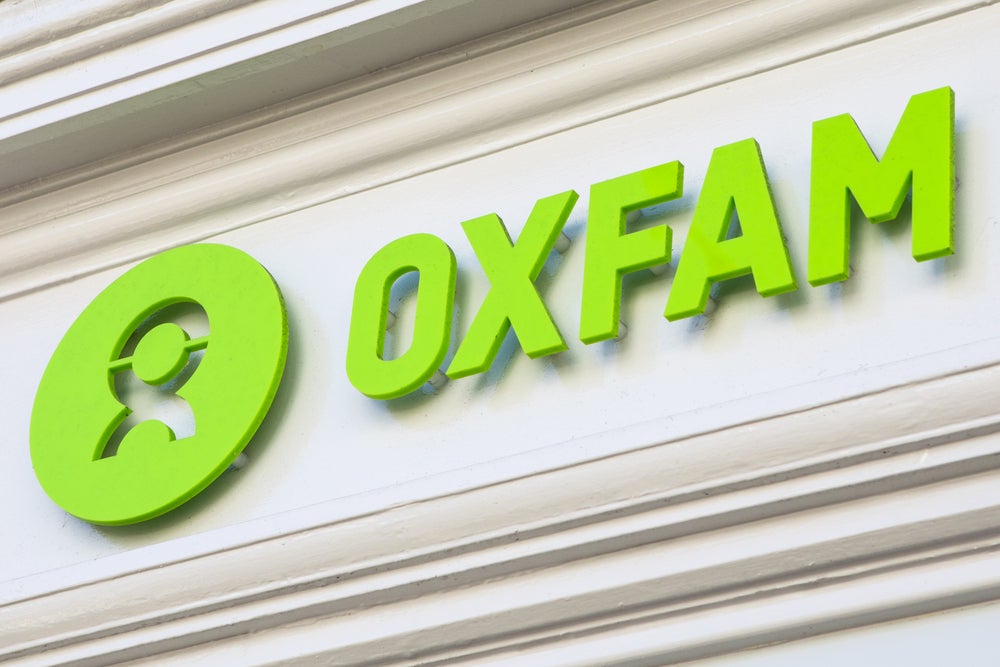Aon and Oxfam have launched an innovative, blockchain-supported microinsurance programme in Sri Lanka in a move that could help low-income farmers in developing countries.
The blockchain aspect of the policy means that claim payouts will happen automatically once adverse weather is registered, meaning that farmers can instantly replace damaged equipment and recover lost earnings. The platform is connected to weather stations that record rainfall, triggering the payout in the event of extremely high or low levels of rain.
How well do you really know your competitors?
Access the most comprehensive Company Profiles on the market, powered by GlobalData. Save hours of research. Gain competitive edge.

Thank you!
Your download email will arrive shortly
Not ready to buy yet? Download a free sample
We are confident about the unique quality of our Company Profiles. However, we want you to make the most beneficial decision for your business, so we offer a free sample that you can download by submitting the below form
By GlobalDataIt was set up in Sri Lanka to address the fact that around 20% of Sri Lankans are farmers yet very few are insured, meaning the country could suffer serious problems in cases of adverse weather. The automation of the claims process should also cut down on administrative costs, making policies cheaper, faster, and more affordable.
These factors make Sri Lanka an ideal testing ground for the initiative, and with the microinsurance trend growing around the world, it is likely to be expanded to other countries as well. Oxfam’s involvement suggests it views this as a positive move to help alleviate poverty as well. The potential of microinsurance is enormous due to the number of underinsured people around the world who could be helped greatly by a cheap policy to provide them with basic health or agricultural cover. BIMA, the leading provider of microinsurance, has raised a total of $170.6m to date, which highlights the scale of the market.
Blockchain in insurance has not taken off as many had predicted, with the initial excitement surrounding it fading over the past couple of years, but its potential use for triggering instant payouts could be its ideal niche. Its few success cases within insurance have been in claims payouts: AXA’s travel insurance platform, fizzy, utilises the technology in a similar manner by automatically booking customers onto a new flight if their existing one is severely delayed or cancelled.
The technology could also be expanded to higher-value agricultural insurance if it proves successful. Such insurance has not seen much in the way of innovation in the UK from the insurtech wave, but farmers of any income could benefit significantly from automatic claims payouts.
Overall, this is a positive move from Aon, as it is both testing a new technology platform and doing social good by offering easy and affordable policies to customers who need them most.










Related Company Profiles
AXA SA
Aon Plc